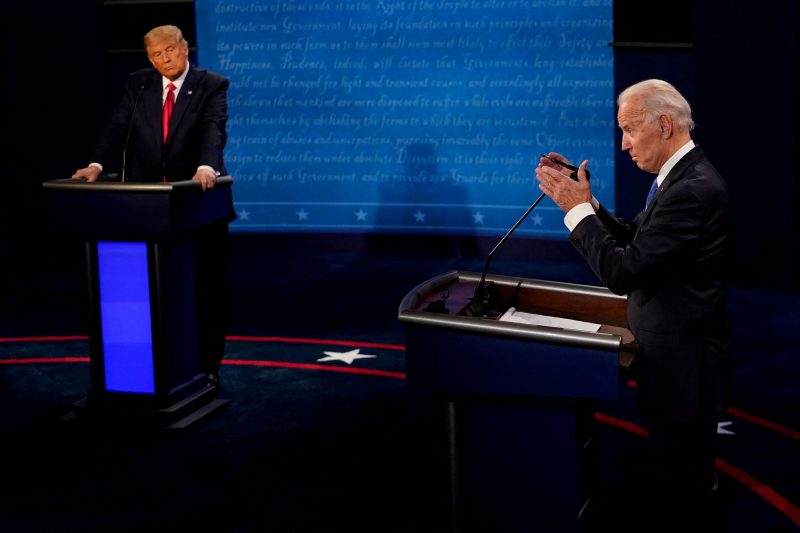In a world of shifting political dynamics and competing ideologies, the role of debates in influencing voter sentiment cannot be understated. The notion of a debate serving as a catalyst for changing the trajectory of voter opinion is a topic of much debate in itself. Can a single debate truly sway the hearts and minds of voters, or are the outcomes predetermined by existing biases and loyalties?
Debates serve as a critical platform for candidates to articulate their positions, engage in direct dialogue with opponents, and demonstrate their command of the issues. They offer voters a glimpse into the personalities, policies, and leadership styles of those seeking elected office. However, the impact of debates on voter sentiment is often subject to interpretation and analysis.
One argument in favor of debates as a game-changer in voter sentiment lies in their ability to reach a broad audience and shape public perception. Moments of eloquence, wit, or vulnerability can resonate with viewers and sway their opinions. A well-timed zinger or a thoughtful response to a tough question can leave a lasting impression on undecided voters and even those already leaning towards a particular candidate.
On the flip side, skeptics argue that debates have limited impact on changing voter sentiment, particularly in today’s polarized political landscape. Partisan loyalties, deep-seated beliefs, and ideological divides often overshadow the content of the debates themselves. In an era of echo chambers and confirmation bias, viewers may interpret debate performances through the lens of their preconceived notions, reinforcing rather than challenging their existing views.
Moreover, the format and structure of debates can also influence their ability to change voter sentiment. Soundbites, gaffes, and viral moments may dominate post-debate coverage, shaping public perception in ways that may not reflect the substantive policy discussions that took place. Candidates who excel in style rather than substance may fare better in this media-driven environment, potentially misleading voters about their qualifications and intentions.
Another factor to consider is the timing of debates in relation to the electoral calendar. Early debates may set the tone for a candidate’s campaign, while late debates may serve as a final opportunity to sway undecided voters. The context in which debates occur, such as major news events, scandals, or policy developments, can also impact their efficacy in changing voter sentiment.
In conclusion, the question of whether a debate can change the trajectory of voter sentiment is complex and multifaceted. While debates have the potential to sway undecided voters and shape public perception, their impact may be limited by existing biases, partisanship, and media influence. The evolution of digital and social media platforms further complicates the debate landscape, creating new opportunities and challenges for candidates seeking to connect with voters.
Ultimately, the true test of a debate’s impact lies in the hands of the voters themselves. As they weigh the merits of competing candidates, analyze their policies, and assess their leadership abilities, the role of debates in shaping the democratic process will continue to be a topic of debate and discussion for years to come.
